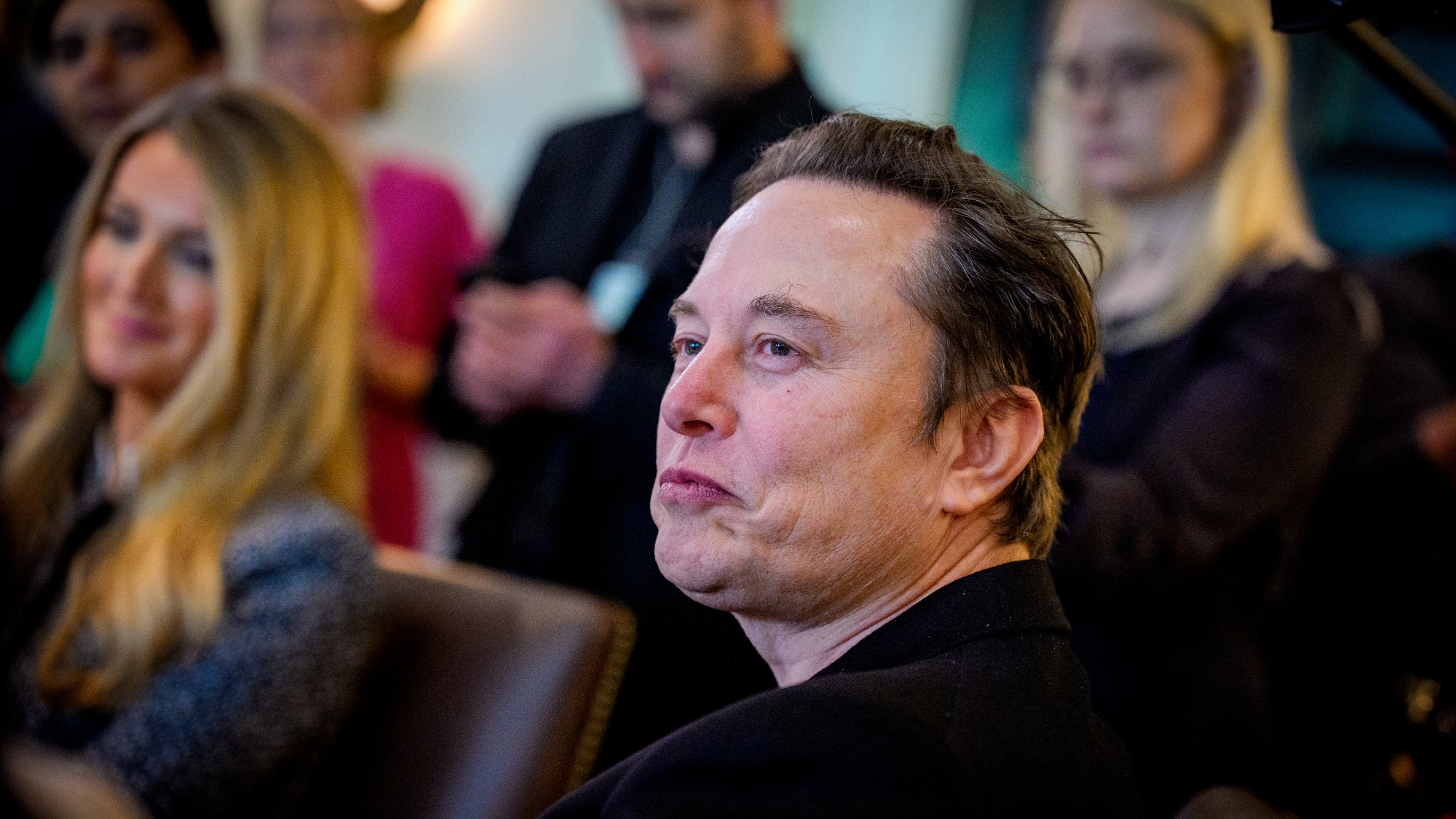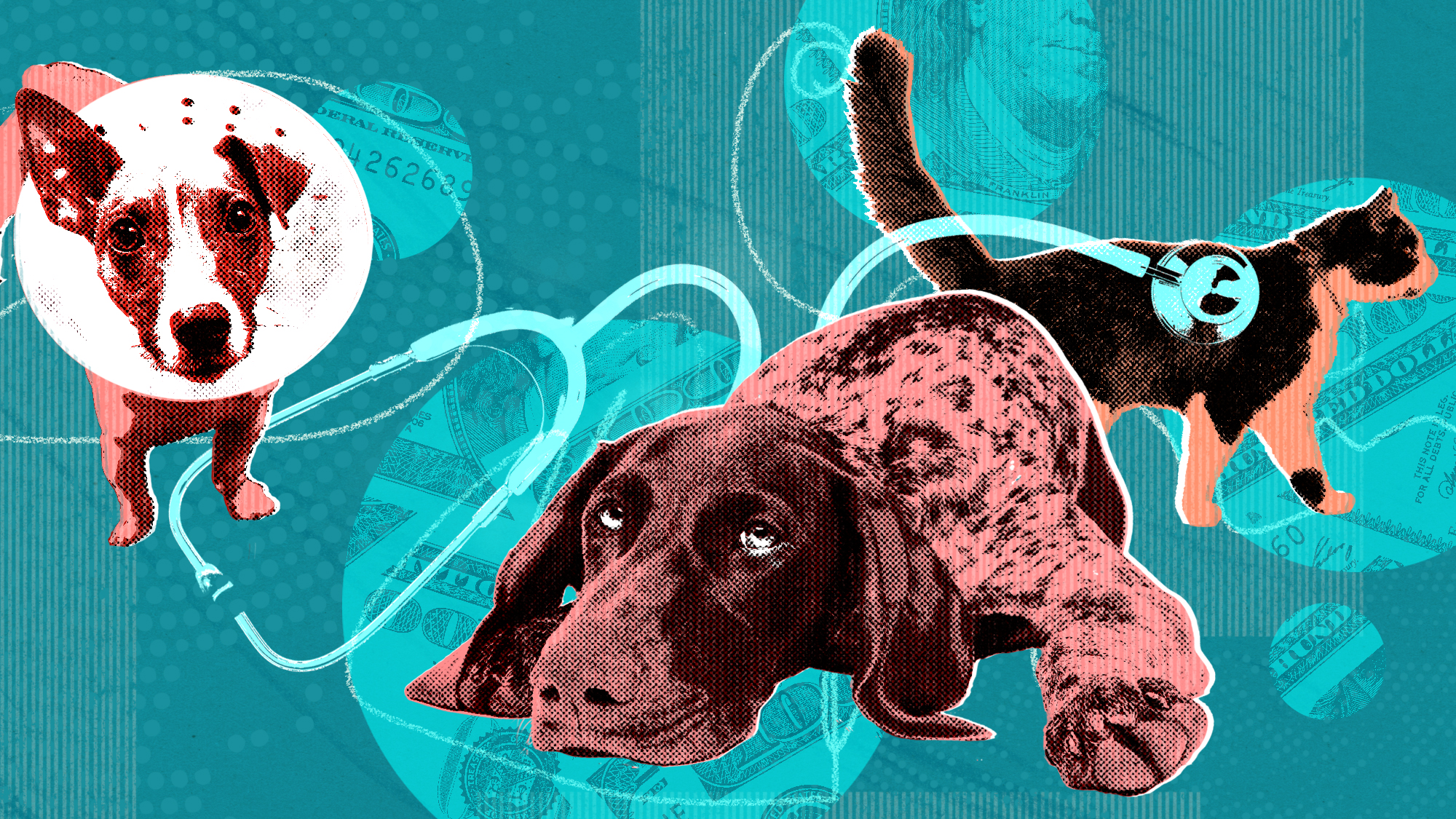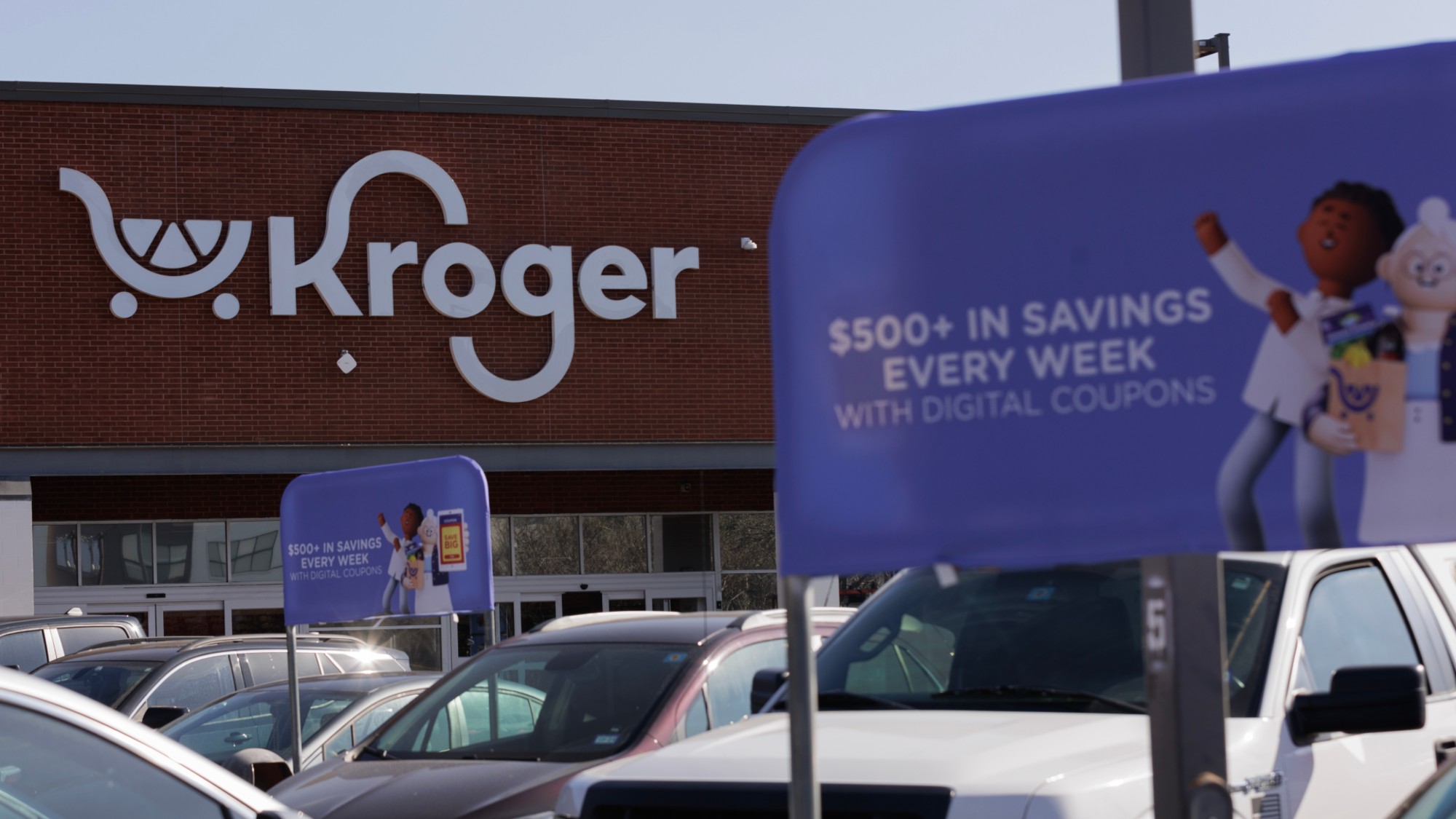COVID boosts life insurance demand
And more of the week's best financial insight

A free daily email with the biggest news stories of the day – and the best features from TheWeek.com
You are now subscribed
Your newsletter sign-up was successful
Here are three of the week's top pieces of financial insight, gathered from around the web:
COVID boosts life insurance demand
Demand for life insurance has soared since 2020, said Kate Dore at CNBC, and insurers are shelling out more than they have in decades. "Payouts to beneficiaries rose by nearly 11 percent in 2021, jumping to over $100 billion." That was after the largest year-over-year jump in payments since the 1918 influenza epidemic, according to insurers. The demand for protection keeps growing three years into the pandemic, even as underwriters are re-evaluating their terms. There's "ongoing debate" on the "ways COVID may be affecting mortality," particularly for those with pre-existing conditions or who may be suffering from symptoms of "long COVID." COVID inquiries have begun appearing on life insurance applications, including "questions about your history of testing positive."
Pepsi's hardcore training program
Only McKinsey and General Electric have produced more of today's Fortune 500 chief executives than PepsiCo's total of 16, said Phil Wahba in Fortune. The secret to its success is a system built around developing "hi-pos," or the "highest performers" based on manager evaluations and other performance metrics. A Pepsi high-po "isn't limited to aspiring senior managers. A truck driver can also be a high-po." But high-pos aren't told formally "whether they've been chosen for a faster track." Those identified as upper-management material are "put through a rigorous, yearslong training program in many aspects of Pepsi's operations" that puts a premium on risk-taking and "fast decision-making skills."
The Week
Escape your echo chamber. Get the facts behind the news, plus analysis from multiple perspectives.

Sign up for The Week's Free Newsletters
From our morning news briefing to a weekly Good News Newsletter, get the best of The Week delivered directly to your inbox.
From our morning news briefing to a weekly Good News Newsletter, get the best of The Week delivered directly to your inbox.
Weak link in COVID aid fraud
Fintech startups collected billions in fees for facilitating pandemic loans while turning a blind eye to rampant fraud, said Tony Romm in The Washington Post. A damning House report released Dec. 1 assigned blame to six fintech "middlemen," including Blueacorn, Womply, and Kabbage, which helped small businesses apply for Small Business Administration-backed loans through the Paycheck Protection Program. The SBA relied on the relatively nimble fintech firms "in expanding access to capital, particularly for smaller borrowers." However, one lender that worked with Womply accused it of ignoring "rampant fraud." The SBA determined that Womply itself was ineligible for the $7 million in pandemic aid it received. The company's CEO — who ran its fraud-prevention efforts — pleaded guilty to insider trading charges in 2014.
This article was first published in the latest issue of The Week magazine. If you want to read more like it, you can try six risk-free issues of the magazine here.
A free daily email with the biggest news stories of the day – and the best features from TheWeek.com
-
 The ‘ravenous’ demand for Cornish minerals
The ‘ravenous’ demand for Cornish mineralsUnder the Radar Growing need for critical minerals to power tech has intensified ‘appetite’ for lithium, which could be a ‘huge boon’ for local economy
-
 Why are election experts taking Trump’s midterm threats seriously?
Why are election experts taking Trump’s midterm threats seriously?IN THE SPOTLIGHT As the president muses about polling place deployments and a centralized electoral system aimed at one-party control, lawmakers are taking this administration at its word
-
 ‘Restaurateurs have become millionaires’
‘Restaurateurs have become millionaires’Instant Opinion Opinion, comment and editorials of the day
-
 Trump wants a weaker dollar, but economists aren’t so sure
Trump wants a weaker dollar, but economists aren’t so sureTalking Points A weaker dollar can make imports more expensive but also boost gold
-
 The longevity economy booms as people live longer
The longevity economy booms as people live longerThe Explainer The sector is projected to reach $27 trillion by 2030
-
 Texas is trying to become America’s next financial hub
Texas is trying to become America’s next financial hubIn the Spotlight The Lone Star State could soon have three major stock exchanges
-
 How could worsening consumer sentiment affect the economy?
How could worsening consumer sentiment affect the economy?Today’s Big Question Sentiment dropped this month to a near-record low
-
 Musk wins $1 trillion Tesla pay package
Musk wins $1 trillion Tesla pay packageSpeed Read The package would expand his stake in the company to 25%
-
 From candy to costumes, inflation is spooking consumers on Halloween this year
From candy to costumes, inflation is spooking consumers on Halloween this yearIn the Spotlight Both candy and costumes have jumped significantly in price
-
 Rising costs are making it harder for people to afford pets
Rising costs are making it harder for people to afford petsUnder the Radar Shelters are filling up as a result
-
 Grocery stores under fire for overcharging during cost-of-living crisis
Grocery stores under fire for overcharging during cost-of-living crisisThe Explainer A recent investigation has put the spotlight on Kroger, but it is not the only chain being pinpointed